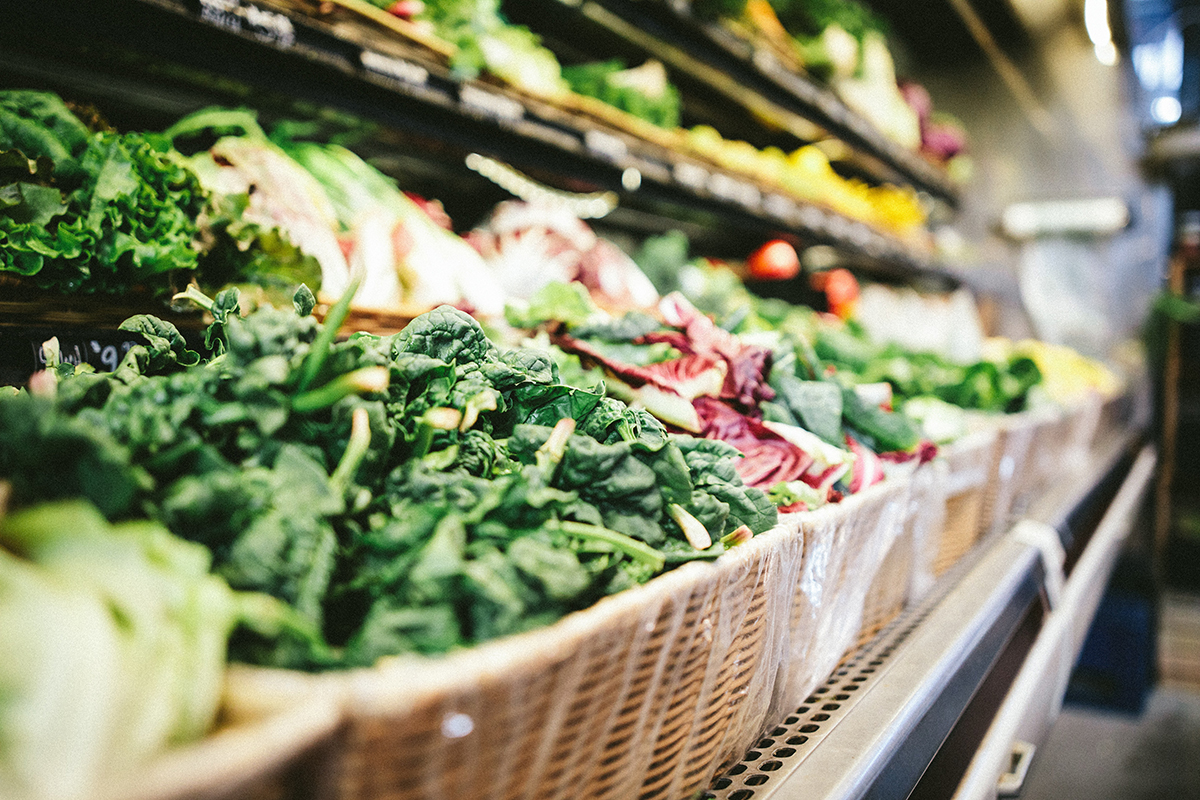Crisis-driven innovation in focus for new research
A sustainable preparedness, not least in the food supply, has become increasingly important in recent years. This is because of several overlapping social crises such as drought, the Corona pandemic, and the Russian invasion of Ukraine. Therefore, a new research project, an innovation lab for sustainable preparedness in the food supply, has been granted SEK 6 million in funds from Formas, the research council for sustainable development. Joakim Netz, Assistant Professor at the School of Engineering, Jönköping University, is one of the participants in the project.

Photo by Scott Warman, Unsplash.
The project aims to support Swedish and international actors in the food supply with research-based knowledge about how sustainability and preparedness skills can be integrated into practice. The project will consist of an innovation lab where researchers and practitioners together investigate sustainable preparedness from different competence perspectives.
“Scientific methods need to be developed for urgent knowledge needs about innovation in the ongoing food crisis because the consequences are devastating. Above all, knowledge is needed when it comes to how new short-term preparedness solutions can be made long-term sustainable. There, our innovation lab contributes to connecting actors specialized in sustainability or preparedness for the food crisis,” says Joakim Netz.
Looking at real scenarios and problems
During the project’s three years, there will be joint exercises and workshops. The purpose of these is to experiment with different scenarios and real problems where sustainability and preparedness skills are integrated to solve common challenges between acute crises in the food sector - and its transformation.
The project will explore how sustainable preparedness in the food supply can be understood as competence under development and how it can be used during - and in the face of - societal crises. The goal is to increase knowledge about sustainable preparedness in the food supply, how sustainable preparedness can be implemented and further developed.
“Knowledge of crisis-driven innovation has been neglected. During the refugee crisis in 2015-2016, we proposed studies of this. But no one wanted to finance the research at that time. Today, the situation is completely different. International research on innovation, social crises, and preparedness has begun to grow rapidly,” says Joakim Netz.
The project is a collaboration between Chalmers, the School of Engineering at Jönköping University, the Swedish Defence University, the Stockholm School of Economics, and RISE. The participants in the innovation lab consist of a network between the parties, actors within the food sector, actors from other sectors as well as Swedish and international institutions relevant to the challenges that the project experiments within the innovation lab.
Contact
- Assistant Professor Work Organisation
- School of Engineering
- joakim.netz@ju.se
- +46 36-10 1601



